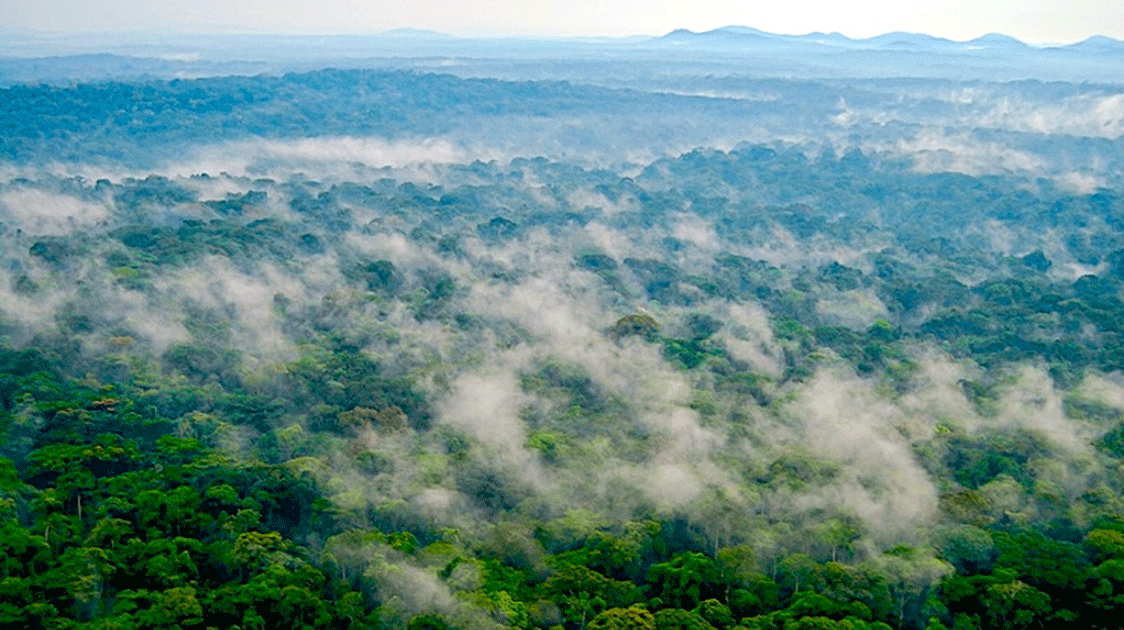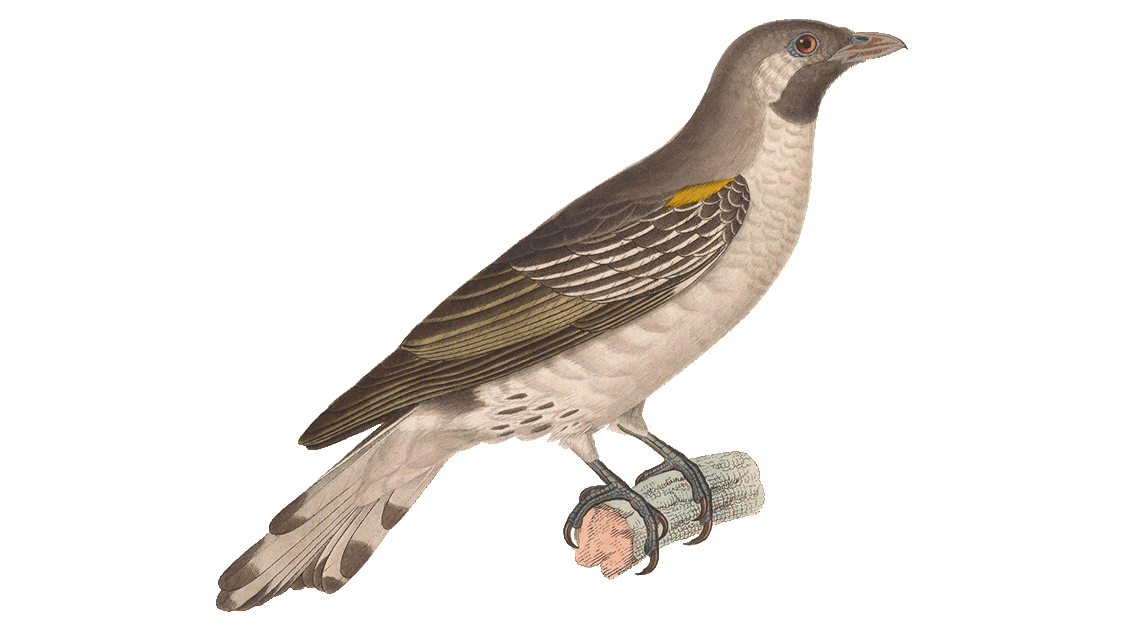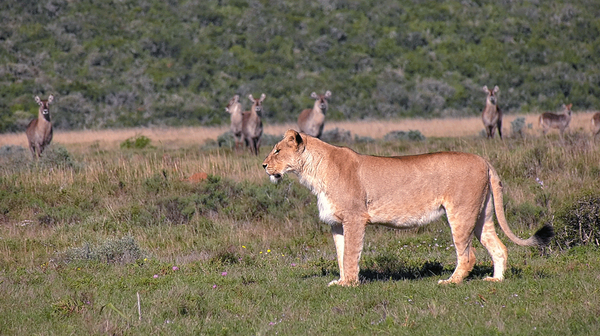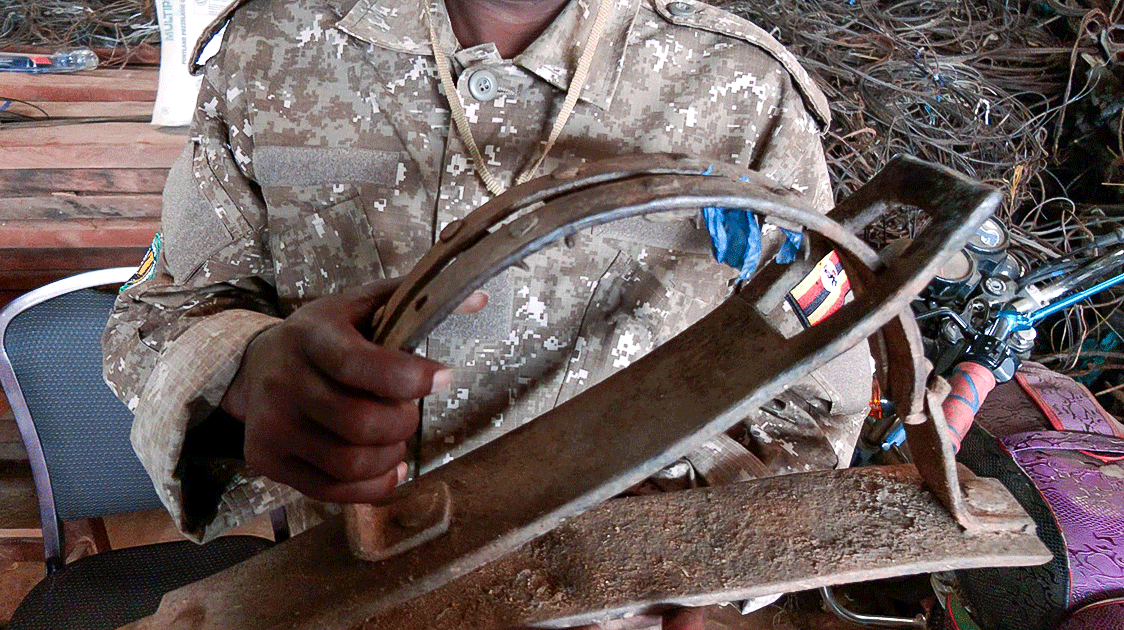Enforcement and Engagement: Robin Hurt Safaris
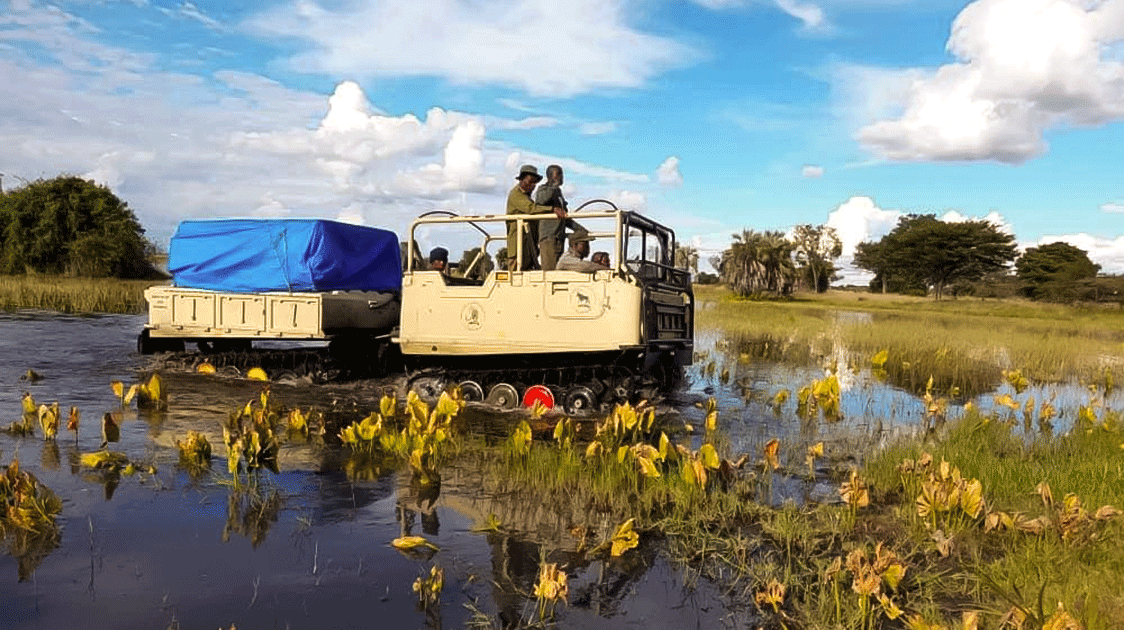
By Hank's Voice
Robin Hurt Safaris (RHS) has been operating in Tanzania since 1993. From the very beginning, the company recognised that while wildlife protection was essential for survival in a rapidly changing Africa, local communities also needed to benefit meaningfully from natural resources.
According to UN figures, around 1 billion people live in Africa today, and by the end of the century, that number will be close to 4 billion. This massive increase will put unbelievable pressure on the continent's resources.
When communal areas bordering hunting concessions in Tanzania become degraded through unsustainable practices, poverty and unemployment rise, pushing some communities toward illegal activities. The bushmeat trade, illicit logging, and fish poaching are growing threats. But the greatest danger comes from human encroachment, especially slash-and-burn agriculture and livestock grazing, which often damage ecosystems even more severely than direct poaching.
The Role of RHS & the Robin Hurt Wildlife Foundation
Over the years, RHS and the Robin Hurt Wildlife Foundation (RHWF) have invested over USD $3 million in wildlife conservation and socio-economic development across their Tanzanian hunting concessions and surrounding villages.
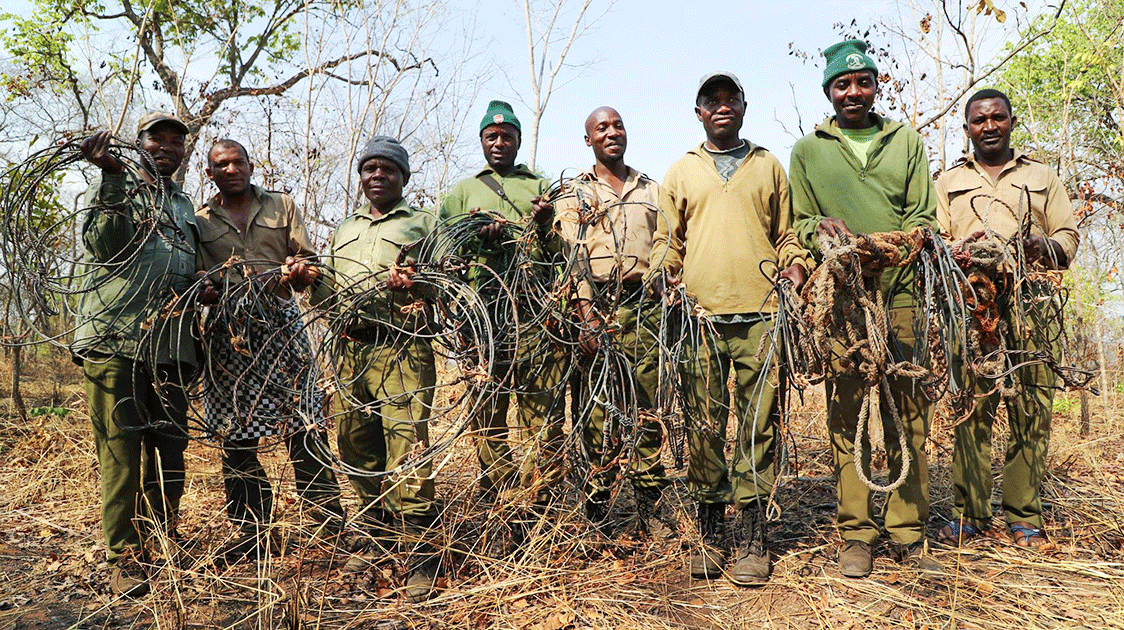
- About 50% of funds have gone directly to anti-poaching operations, protecting between 500,000 acres and 2 million acres of vital habitat.
- A 2005 master’s thesis found that a single poacher may kill 5–25 animals each year, with an average value of $842.28 per animal.
- Between 1986 and 2022, the Hurts destroyed 60,000 snares, saving an estimated 300,000 animals.
Enforcement is not the only way to combat poaching. Community engagement is key, especially in education on the effects of encroachment, illegal logging, and poaching.
Teaching school kids the value of conservation and the benefit of sustainable use is vital.
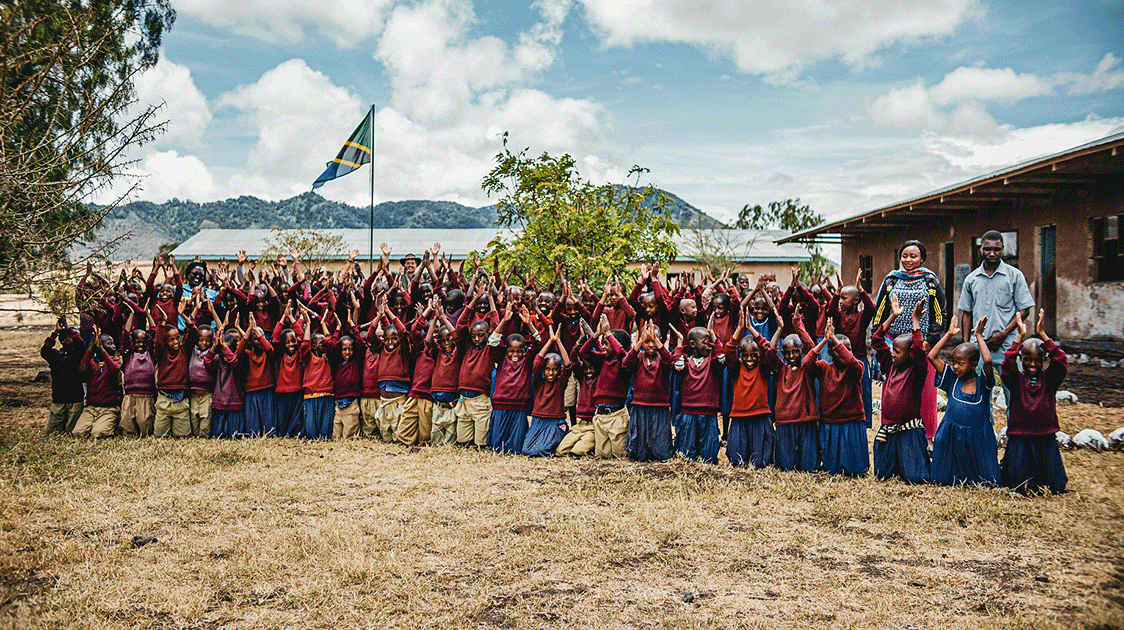
Community Engagement: A Lasting Solution
RHS believes enforcement alone is not enough. True conservation success comes from partnering with local communities and showing the benefits of protecting natural resources.
Since 2006, RHS and RHWF have:
- Built 37 schools, 75 teachers’ houses, and 28 medical dispensaries
- Established 34 village offices, 19 wells, 9 water storage tanks, and 5 pipelines
- Supported beekeeping projects, small businesses, and game meat donations
- Funded churches, mosques, and libraries through client donations
- Shared an additional 20% of trophy fees with local villages
This approach, championed by Robin Hurt, a founding member of the African Professional Hunters Association, has combined anti-poaching enforcement with long-term community support. For more than 60 years, Robin, his wife Pauline, and their sons Roger and Derek have dedicated themselves to ensuring a future where people and wildlife can thrive together.
This legacy has been encapsulated in Robin's words:
"For wildlife to survive in a changing Africa, it must be a competitive form of land use, benefiting human communities. Without the full support and cooperation of local communities, wildlife in Africa is surely doomed".
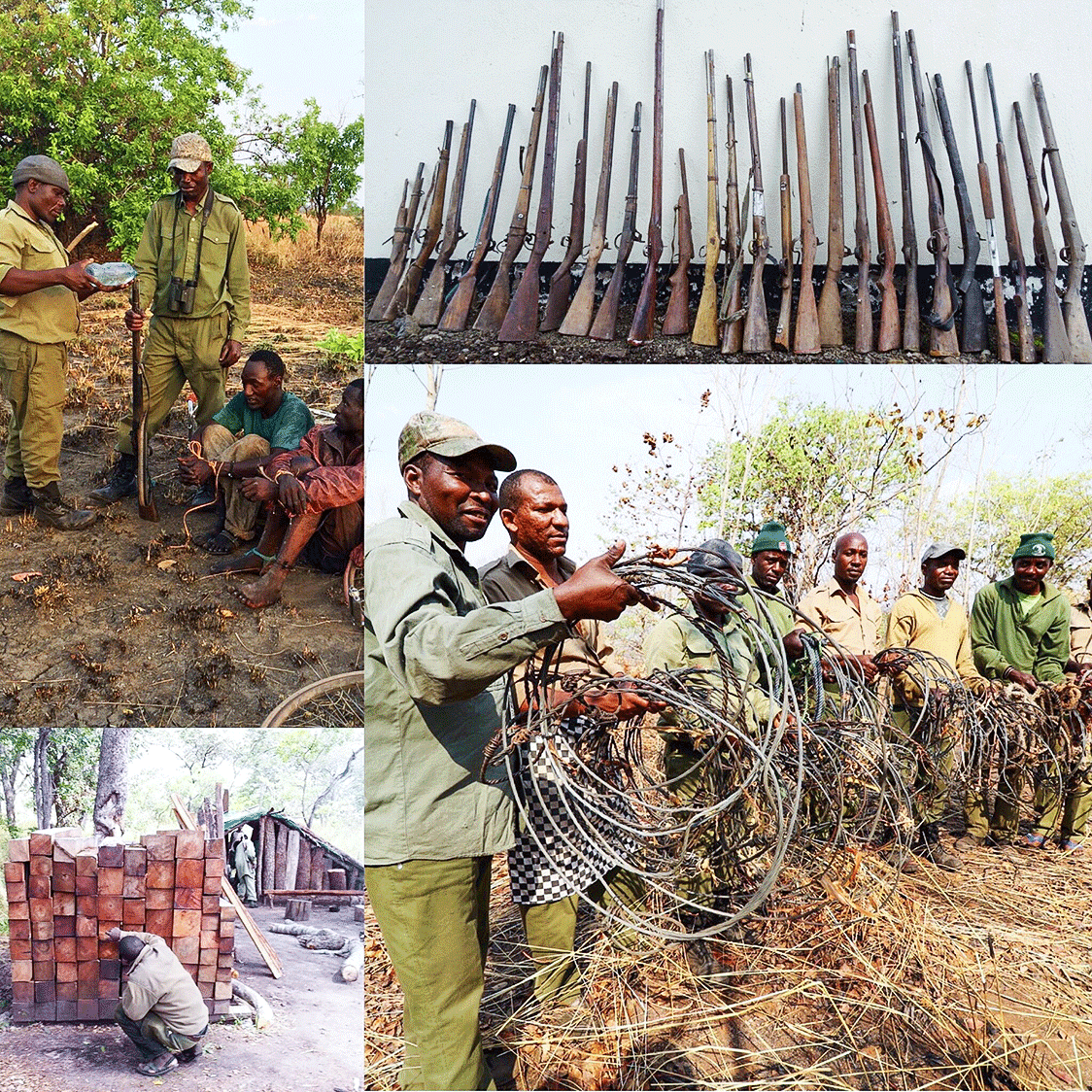
THE RHWF 2022 ANTI-POACHING RESULTS BY NUMBERS
1 December 2021 to 30 November 2022
- Fuel usage: 3,515 gallons of diesel
- Area covered by patrols: ~60,000 km
- Ranger days on patrol: 7,686
- Helicopter support: 2 weeks
- Estimated wildlife saved: 2,789
- Poachers apprehended: 26
- Snares removed: 26
- Muzzleloader firearms confiscated: 22
- Illegal firearms confiscated: 2
- Poached animals recorded: 14
- Encroachers & cattle herders apprehended: 268
- Illegally grazing cattle removed: ~720
- Illegal fishermen caught: 78
- Timber poachers apprehended: 7
FAQs
Q1: When did Robin Hurt Safaris begin operating in Tanzania?
Robin Hurt Safaris began operations in Tanzania in 1993, focusing on both wildlife conservation and community benefit.
Q2: How much has RHS invested in conservation?
Since its founding, RHS and the Robin Hurt Wildlife Foundation have invested over USD $3 million, with half going directly to anti-poaching.
Q3: What community projects has RHS supported?
RHS and RHWF have built schools, teachers’ houses, medical dispensaries, village offices, water projects, and supported local businesses.

